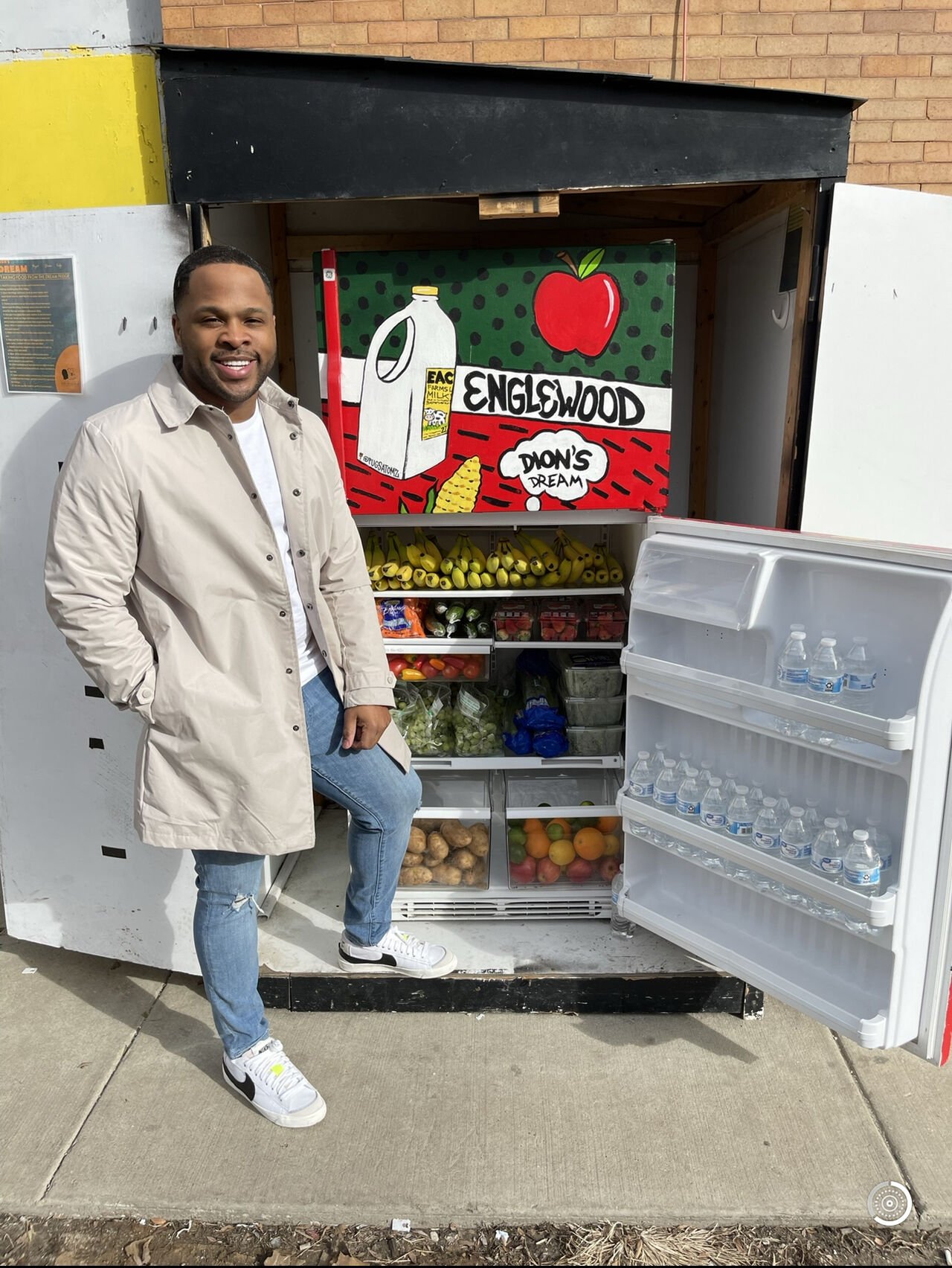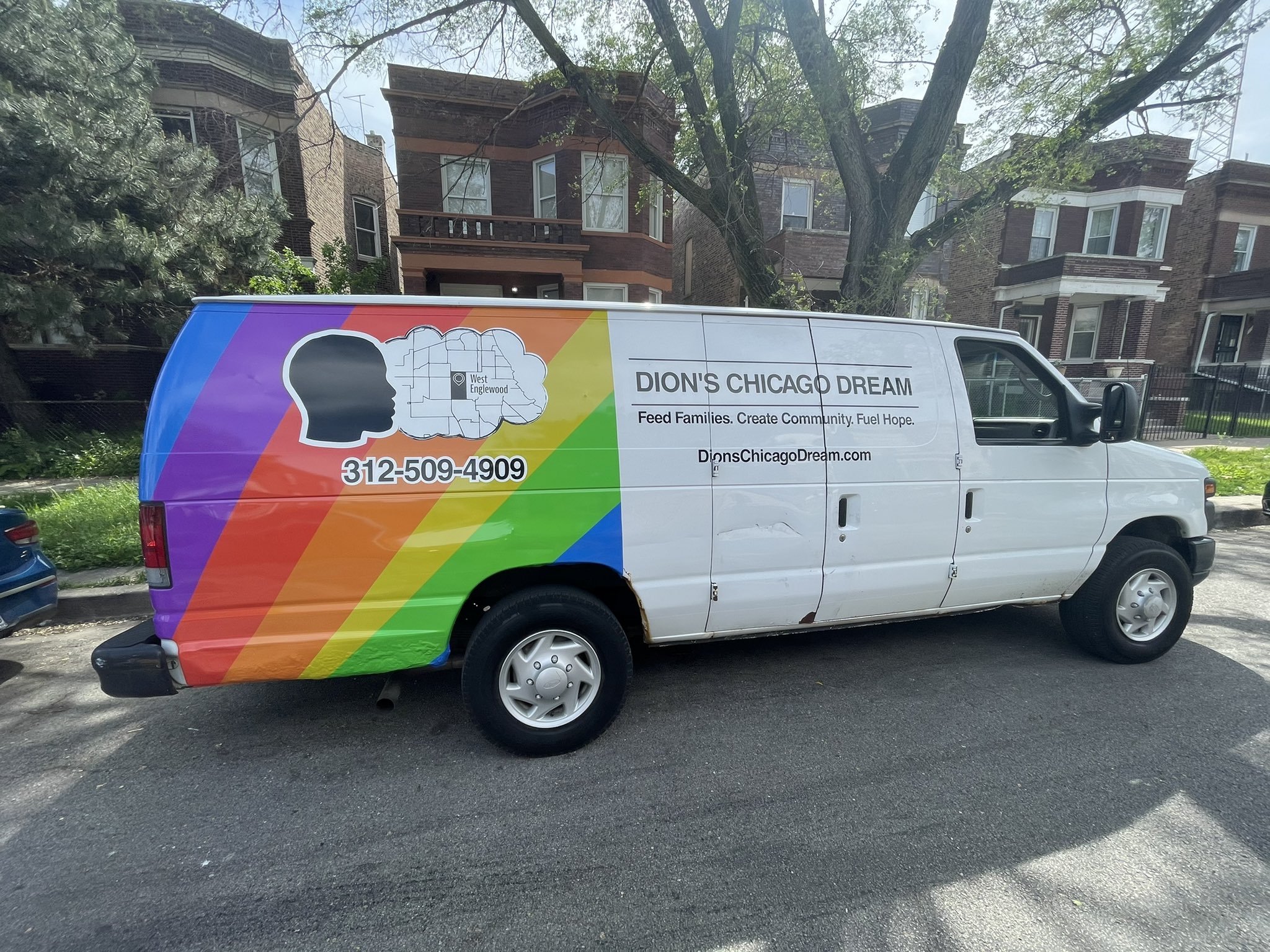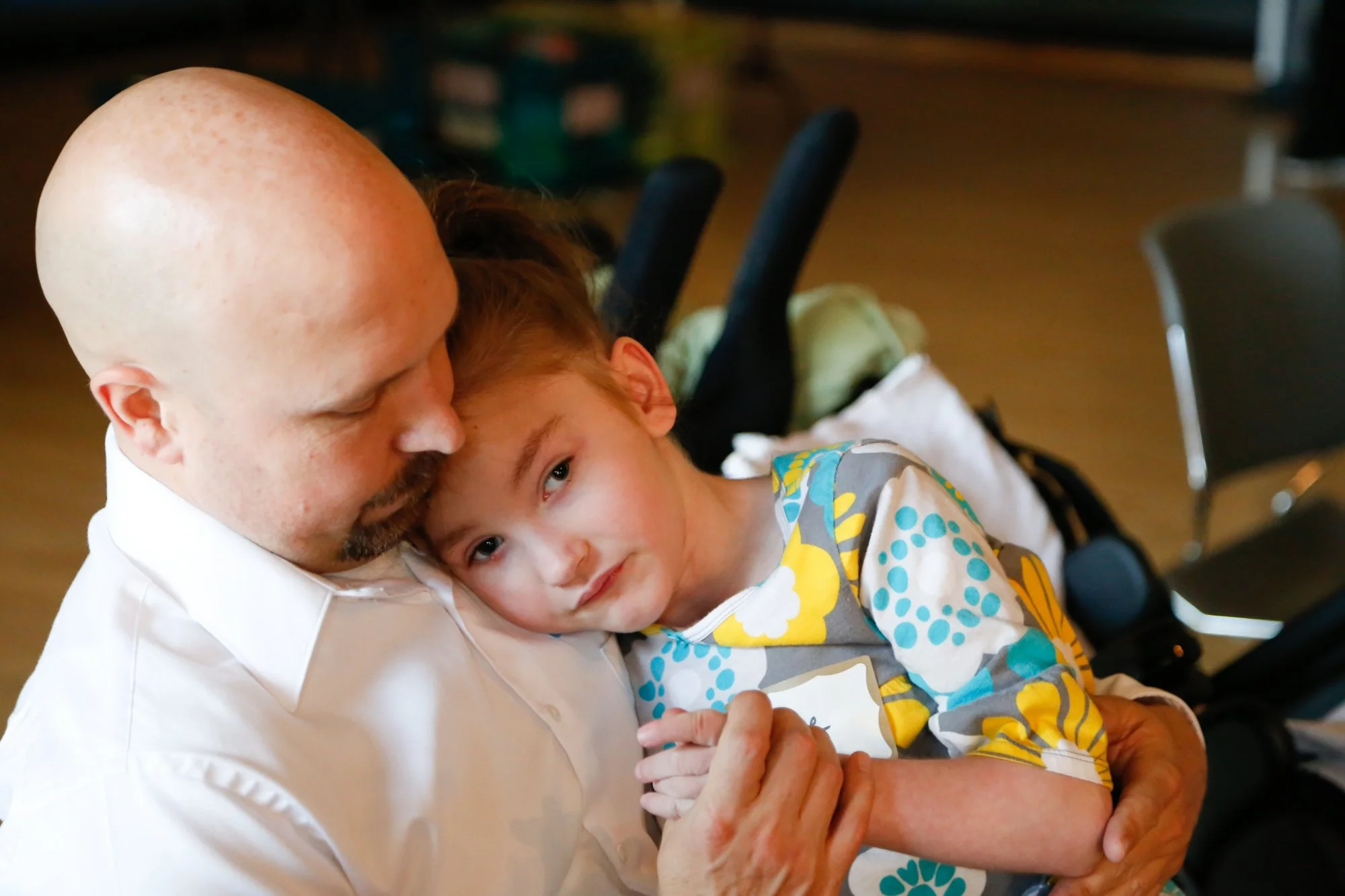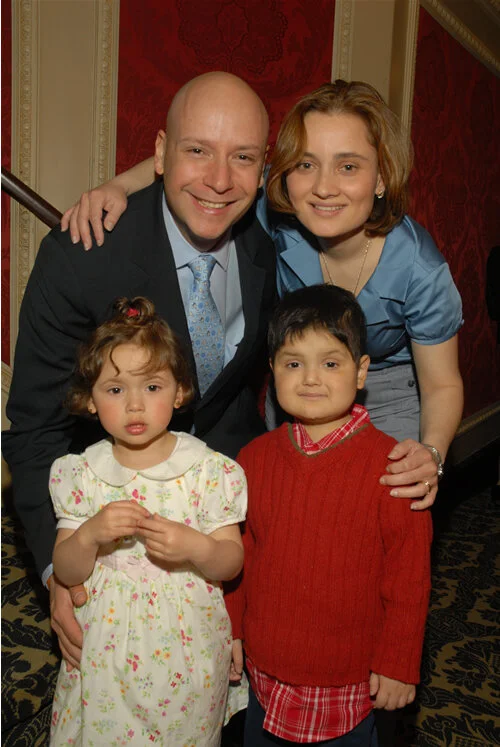Framing can mean everything when it comes to how audiences hear an advocacy story.
As a certified Living Proof Advocacy coach whose work centers on storytelling for advocacy and human services organizations, I saw the power of framing in action when I facilitated a storytelling and advocacy coaching session for Dion Dawson. While preparing, I reviewed Dion’s past media coverage and saw that although interviewers celebrated his good work, they often missed or avoided his insights into the root causes of hunger.
Dion grew up in Chicago’s historically under-invested Englewood neighborhood, then enlisted in the U.S. Navy. He served around the world, winning awards for his work as a Navy public relations specialist. A few years ago he returned home.
Dion Dawson in front of the Dream Fridge donated to Dion’s Chicago Dream by The Ellen DeGeneres Show
Shortly after, the pandemic struck and Dion—who grew up in unstable situations and sometimes had to go without food—felt called to help others in his Englewood community. So in 2020 he established Dion’s Chicago Dream to “Feed families. Create Community. Build Hope.” The power of Dion’s lived experience combined with his PR skills and digital fluency—he documents his work via TikTok, LinkedIn and other platforms—helped him win support in the form of funds and food donations everywhere from local supermarkets to national TV audiences.
In May 2021, Ellen DeGeneres during a live, on-air segment of her show, donated a “Project Dream Fridge” refrigerator to Dion’s Chicago Dream and local news outlets including WGN Radio interviewed him multiple times.
Appreciative as he was to be celebrated as a “hometown hero,” Dion wanted audiences to understand his broader vision of how to address food insecurity and get at the root causes for why Englewood residents experience it in the first place.
The van Dion’s Chicago Dream uses to deliver donated fresh produce to families
It didn’t make much sense to him that food banks, food pantries and other private food assistance programs that provide a safety net have changed little while Amazon and others have revolutionized food delivery. So instead of running a food pantry that families had to visit and then carry home their groceries, Dion’s Chicago Dream delivers high-quality fresh food to families.
Framing, Storytelling and Strategy
When I planned Dion’s session I knew Living Proof Advocacy’s Five Qualities of a Well-Told Advocacy Story would provide a helpful framework he and I could use to connect his personal experience to his vision and to identify helpful frames. (We called the session “Strategist, Storyteller, Spokesperson”—which pretty much covers it all!)
Framing and strategy are closely connected. For me, having a public speaking strategy means considering what matters to the audience and deciding what you want the audience to do with what you share.
Framing the story correctly is a great way to connect audience needs with speaker motivations. Or as Tim and John write in Living Proof: Telling Your Story to Make a Difference, a story should be “framed, indicating the particular way you’d like audiences to view or understand it and its importance—you must tell people what your story is, and what it is not.”
During our session, we started with what we wanted from audiences. Dion scripted out several calls to action and this powerful vision: “Our goal next year is to raise $1 million to provide a year’s worth of fresh produce to 1,000 households across Chicago.”
As he shared with me his story and vision, it became clear that Dion wasn’t just interested in getting more food to more people in Englewood (valuable as that is). The bigger picture is changing the way people throughout Chicago access food when they need it. In a nutshell, his mission is about using innovation to deliver an essential service.
As Dion puts it, he started with the Project Dream Fridge, a community refrigerator open to all, which he still stocks every day. But he realized not everyone who needs help can get to the fridge every day, which is why he came up with the idea of food delivery.
As he continues to pioneer new approaches, Dion wants to make sure his story captures the nuance that he’s about innovation. Meanwhile—and this is also an important strategic nuance—he wants to do so in a way that respects and builds on the work of those who have gone before him as well as others who continue to serve the community.
During our session, Dion reflected that many people had framed his story as “pandemic hero helping feed his neighbors,” whereas he actually views his mission as disrupting the ways we battle against food insecurity. “Food insecurity is a lack of consistent access to healthy food,” he says. “Others focus on the food part of the problem, but we focus on providing access.”
By now you might be wondering what happened after our session. Did it help? It did!
Recently, Dion was a guest on a Chicago Public Radio segment titled “Chicago Innovators: Englewood resident expands food access one delivery at a time.” He continues to hone his story and was one of the big winners at SVP Fast Pitch Chicago, a fundraising and storytelling event for Chicago nonprofits. Echoing Green, an organization that supports innovative policy ideas, also named Dion one of its 2022 Fellows and awarded him an $80,000 grant to support his “bold and audacious ideas for transforming the world.”
In the end, Dion says his work is not just about food, it’s about change. Framing it this way is helping grow his nonprofit and maybe even change how we ensure everyone has access to the food they need to live their best lives.
Gordon Mayer is a Living Proof Advocacy certified coach. His firm, Gordon Mayer Communications, is based in Chicago.
